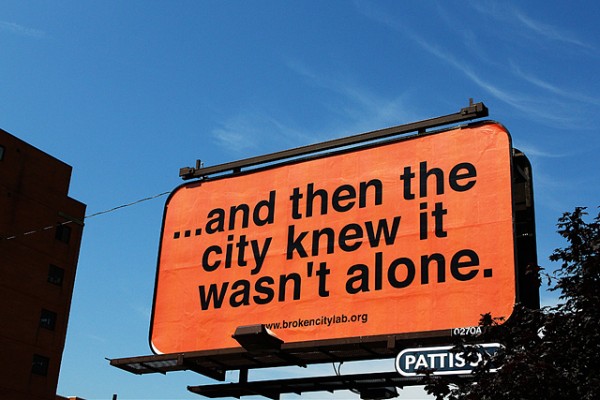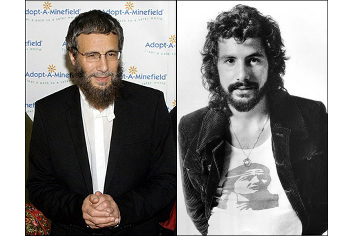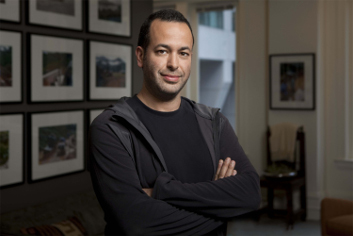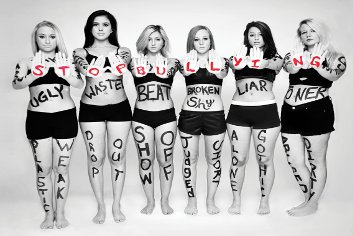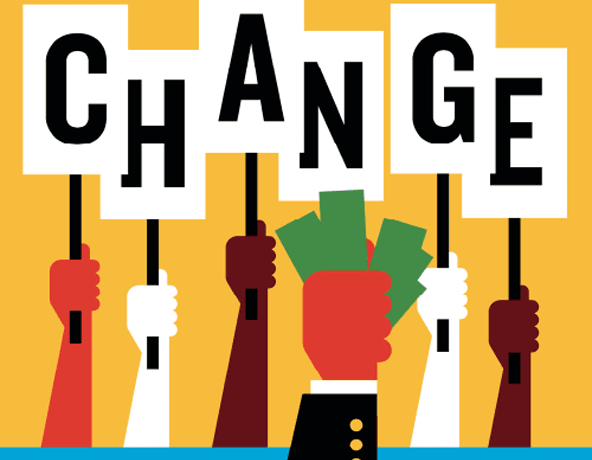
Andrew Kolb
The early 2010s saw the emergence of social movements that promised to radically rearranging the world’s chessboard. Many wondered: Had connections fostered by new platforms and technologies rewritten the rules of the game? The Occupy movement spread from Zucotti Park to cities around the globe – and then faded leaving no discernible mark on the economic inequalities it railed against. The Arab Spring spilled from Twitter and swelled into the streets – before the authorities squashed protesters’ dreams of democratic reforms for the Middle East.
By the middle of the decade, the game certainly did not appear to have changed. One could be forgiven in the wake of these movements’ abrupt dissolution for imagining that the economic and political power structures that shape our world are too strong and entrenched for civil society movements to affect their course. As the decade came to a close, though, a fresh surge of civil society action and engagement dominated headlines. Once again accelerated by digital connections, once again defined by unexpected vectors and velocities, movements such as Black Lives Matter, #MeToo, Fridays for Future, and the pro-Democracy movement in Hong Kong dominated the conversation about the future of global society as the decade came to a close.
So where will the levers of influence be in the decade to come? The question is more than academic for causes and organizations on a mission to address global challenges of the environment, peace and security, inclusion and equity, and the future of democracy. With limited resources, organizations must make sharp strategic decisions if they hope to make a difference. So should the focus be on traditional elites or the new civil society actors?
As the meme says, why not both? There is an interplay between civil society and decision-making at the highest levels, and it is sometimes marked by sharp asymmetry. French President Emmanuel Macron’s foreign policy may be a case in point. As 2019 drew to a close, President Macron challenged the relevance of NATO, suggesting the alliance was suffering brain death, and stalled the accession of several Balkan states to the EU, saying that reform of the European project needed to take place before further enlargement can be considered.
Conventional wisdom suggests that these maneuvers have nothing to do with domestic political considerations. NATO and EU enlargement simply aren’t priority issues for the French electorate. However, with the Yellow Vest movement shaping the domestic political conversation and the labor reforms that Macron promised coming into office mired in dispute that have led to the longest strikes in French history, it clearly benefits Macron to appear decisive and visionary in the other arenas. At the very least, one can surmise that domestic quagmire underpins the sense of drive and urgency he exhibits to leave his mark on the European and world stages.
So if the chemistry between those in power and civil society offers a space to catalyze change, what formula should causes and organizations adopt? Engaging both and serving as a bridge between may be one approach for success. Conservation organizations did this effectively in the UN Framework Convention on Climate Change process leading up to the historic Paris Agreement – by developing deep relationships not just with national delegations and the UNFCCC secretariat, but also with grassroots groups, particularly from indigenous communities, they were able to successfully ensure that the Paris agreement recognized the importance of protecting tropical forests in resolving the climate crisis and arrange for financial mechanisms for their protection.
How much this victory means in the aftermath of President Trump’s decision to withdraw the United States from the Paris Agreement is an open question. While we are seeing an unprecedented groundswell of support, particularly among young people, for action to address the climate crisis, there is also evidence of a disturbing public apathy in the face of mounting catastrophe. It remains to be seen whether the Sunrise Movement and Fridays for Future will succeed where past efforts like the People’s Climate March fell short. Environmental groups of all kinds – not just activists – need to double down on engaging all sectors of society in developing climate solutions.
And the same is true of other causes. Alleviating racial, gender and economic inequality, addressing the challenges posed by global migration, advancing sustainable development – all of these causes will be most effectively furthered by a big tent approach that is accessible to all sectors and levels of society while strategically targeting both elites and emerging civil society movements. Some organizations and causes may already do this well, but all should take a moment as the new year begins to ask whether they do it as well as they need to for continued relevance and impact in what promises to be a complex, volatile decade.
Andrew Kolb is Director, Communications at German Marshall Fund of the United States




